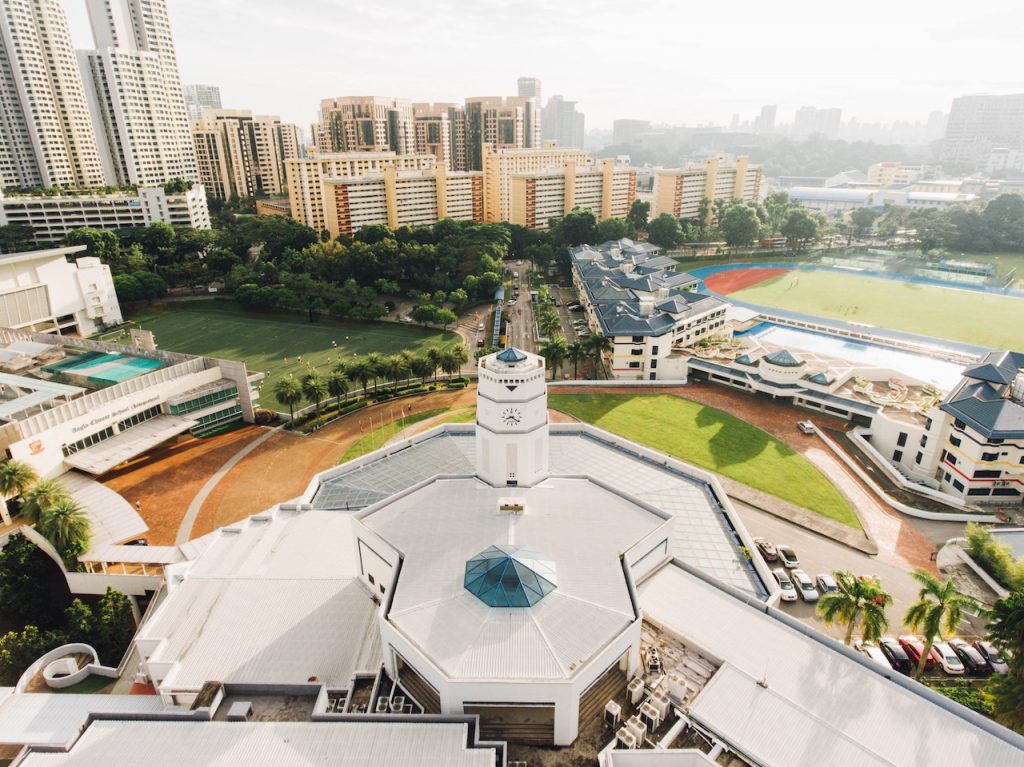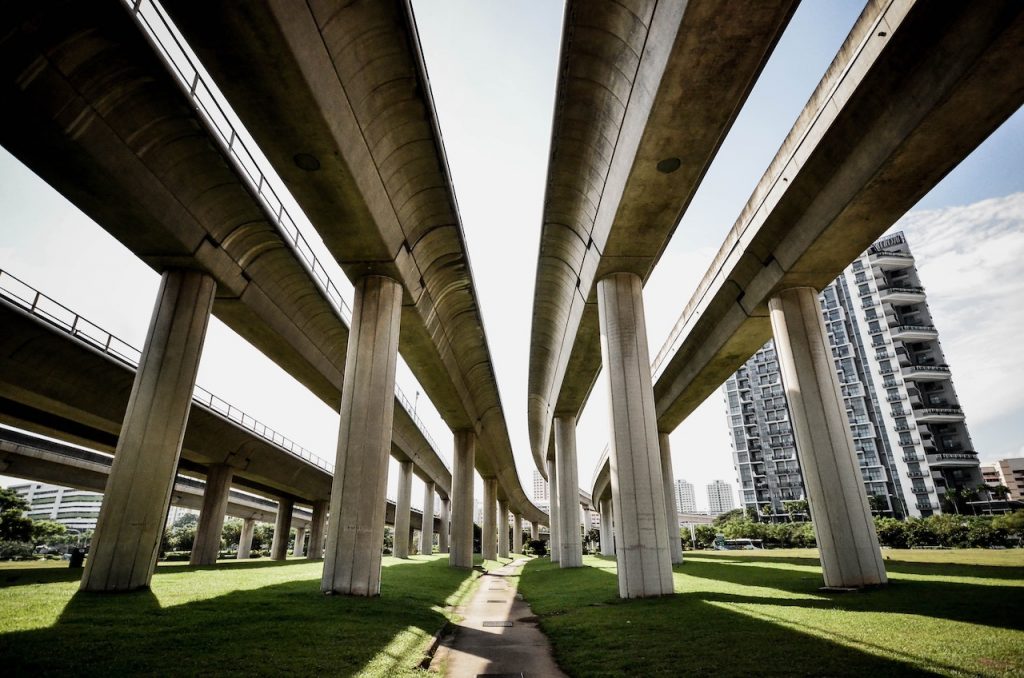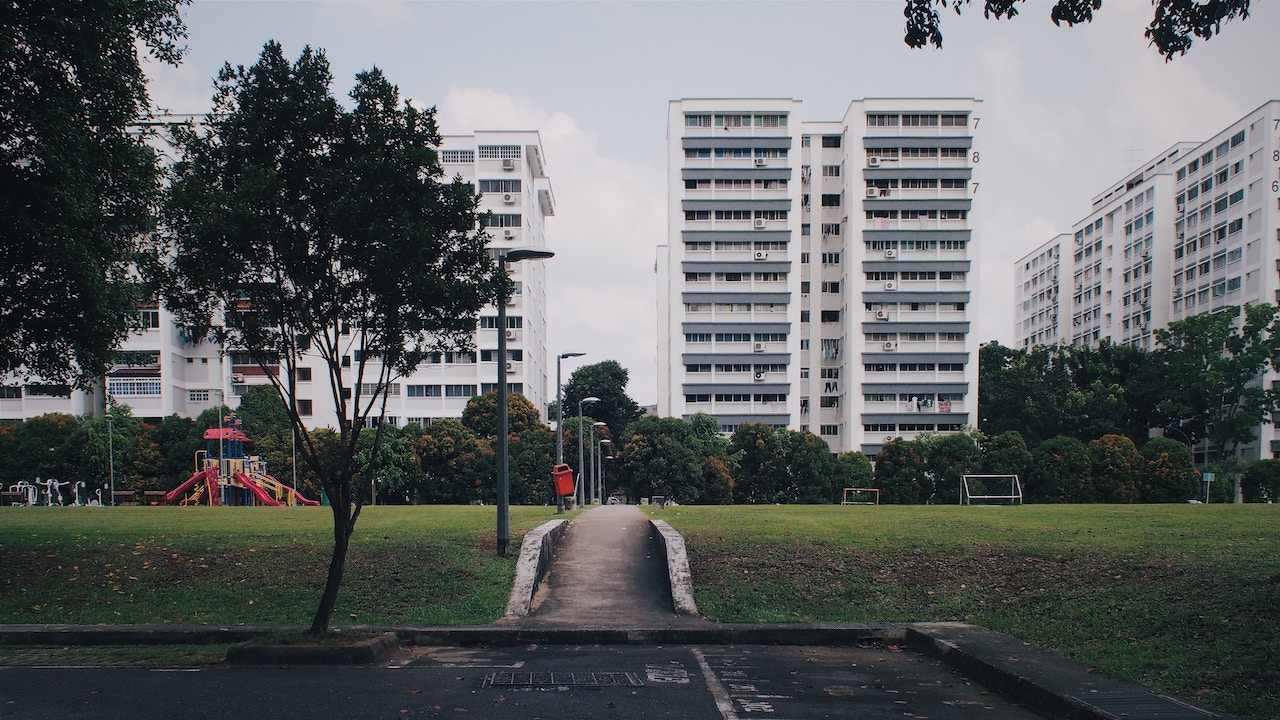I was eight when I first heard Kit Chan croon, “This is home, truly.”
My entire primary school had to memorise that year’s national day theme song by heart. Every morning for a month leading up to 9 August 1998, her soulful warble crackled through the old speakers in the assembly grounds. And every morning, without fail, I felt the visceral pinch of patriotism—even before I possessed the vocabulary to describe the unexplainable nostalgia that would manifest when the first chords played, or the subsequent ache seconds before she launched into the chorus.
“Home” found me at the right point in life. I was young enough not to question the depth of love for one’s country revealed in every stanza, yet old enough to know that that pure emotion could move mountains.
I was eight when I last remembered how to love Singapore without reservation.

Within the blinders of my newfound cynicism, the grass was always greener on the other side. As I entered my teens, it was greener, lusher, and more succulent in New York—a city more cosmopolitan and vibrant than Singapore, at least according to what I read and watched.
Never mind that the US isn’t exactly the safest place on earth; at the time, cynicism looked a lot like blind idealism. But all dreams eventually meet an inevitable ‘end’ that prevents it from turning into reality.
For me, it was money—or the lack of it.
In my early twenties, I finally began to wrap my head around what exactly I would need to afford a mere fraction of my New York dream. While being fully cognisant of my family’s middle-class financial situation, and the fact that I wasn’t talented enough to land a scholarship, I continued to break my own heart by poring over glossy prospectuses from American universities. Ultimately securing a spot in a local university only made me constantly aware of where I wasn’t.
Over time, I convinced myself that life in New York would have to wait indefinitely, decreasing the pull factor of leaving Singapore. I didn’t have enough savings; I wasn’t good enough to land a job in the publishing industry that I liked and that would pay my exorbitant rent; I wanted to stay for my friends and family.
Then at 25, I set foot in New York for the first time, ready to be sorely disappointed by reality, and to permanently close the chapter on my dream. Instead, something worse happened: the city surpassed my expectations, and I found its intense chaos strangely calming and mesmerising. I needed to move there.
After I returned home, the following weeks were spent scouring LinkedIn for jobs and cold-emailing companies my CV. Weeks turned into months, and the initial hope morphed into desperation, which then soured into dense and unrelenting jadedness.
At the same time that I was trying to reconcile the seeming death of my childhood dream, the 2015 General Elections were happening. After 70% of the nation’s vote went to the ruling party, my cynicism returned with a vengeance. It displayed itself in the myriad ways I’d find fault with Singapore: everything and everyone was too boring, too safe, too stifling, too authoritarian, too passive, too apathetic, too prim and proper, and so on.
Even so, as critical as politics are to one’s place in a country, the results weren’t personal. Ultimately, a great deal of wanting to leave one’s birth country does stem from a profoundly intimate place which I was determined to pinpoint as the cause for my cynicism.
While writing this piece, my colleague, Sophie, told me she felt the same cynicism from wanting to leave this country without actually being able to. We surmised that these feelings originated from the persistent sense of being outsiders our whole life.
Until recently, I never had a core group of people who were worth staying in this country for. Meanwhile, she’d never felt like she fit in in school because she was ‘made fun of’ for her mild “Australian accent”, despite having grown up in Singapore.
Unable to find a good job in the UK, where she went to university, she returned to Singapore “with [her] tail between her legs”. Like me, her decision to remain in Singapore was laced with resignation.
Perhaps we’d always known there was a place that would stay within us, wherever we chose to go. We were simply finding our way back in our own time.

In fact, it has grown to become my base temperament four years since the last GE. If 2015 taught me anything in the years after, it was that disappointment from unfulfilled idealism can lead to disenchantment, resentment, and apathy. Remaining stuck in this dark hole is a surefire way to remain miserable.
Moreover, recent events in Hong Kong and heated debates about racism over the past week might lead anyone to believe there is much to be pessimistic about in Singapore, or this part of the world. They might be right.
But, if you, like me, are someone who feels strongly about everything that matters, the weight of cynicism can be a good thing. It can spur you to enact positive change as evident from the growing amount of youth activism in this country; it can also mean you choose to love Singapore on your own terms.
After all, the best way to build something that isn’t readily given to you is to figure out what you need and want, and how to get it.
In my case, I was able to quell the ache for another land and another life, because home is about its people too. I found the ones I wanted to stay for.
Independent of my loved ones, I started to develop a sense of belonging from volunteering. For a few months after deciding to address the funk that my perennial cynicism put me in, I signed up for youth mentorship programmes, befriender programmes, and even Meet the People sessions.
While I don’t give back as regularly as I once did, volunteering was significantly helpful for curbing my cynicism, allowing me to gain perspective and feel useful. These were emotions for this country I never had while growing up. I never knew I would ever feel them.
Today, the relationship I have with Singapore remains, at best, tenuous. I haven’t learnt to love it, at least not in the unadulterated way I did when I was eight. To this, Straits Times commenters might say, “Don’t like then leave lor.”
Unfortunately for them, I have chosen to stick around to figure out how I want this love to look like.

I may have been in New York, but I was eight and back in my assembly hall. It took being in my favourite city on the other side of the world to realise my heart had never left my side of the world.
Then, like pure kismet, a Singaporean family appeared beside me taking photos. Amidst their spattering of Singlish, I felt a lump in my throat; I swallowed, and it was gone. It was only a minute, but it was more.
It was home, as my senses told me.






